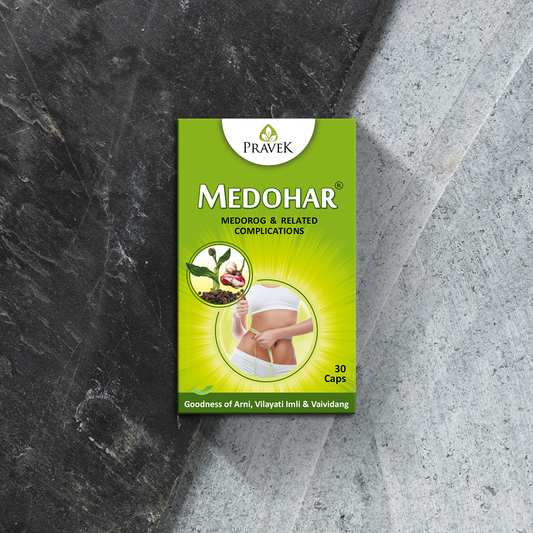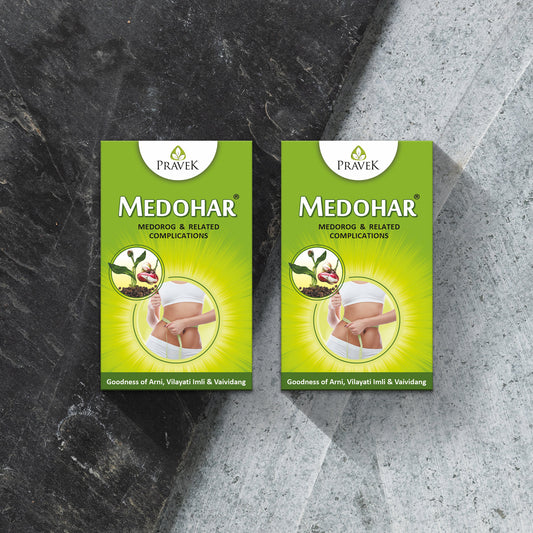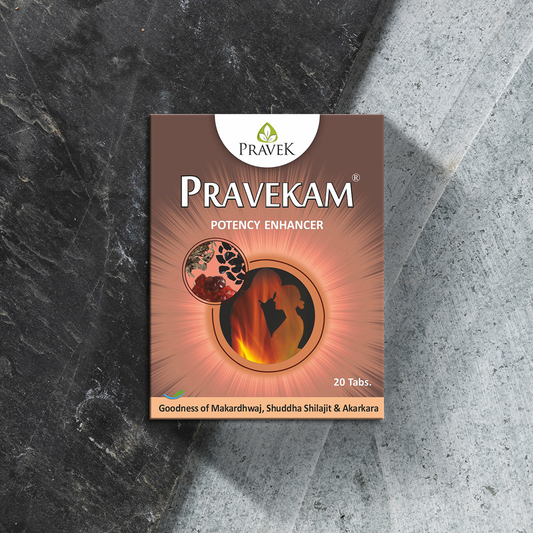Amit Ray, author and spiritual master, rightly said, “When diet is wrong, medicine is of no use. When diet is correct, medicine is of no need.”
It is no secret that Ayurveda teaches us to consume a diet which aids a healthy mind and body. Food selection, meal timing, and state of awareness during meals either increases Ojas (vitality) or Ama (toxicity).
Here are five tips to guide you with ancient Ayurvedic knowledge, applied to the modern day. Surely following these tips can improve a person’s physical health and subsequent mental well-being.
1. Eat to satisfy yourself, not to fill your stomach: It is essential that we look out for signals from our body- which may tell us that we are hungry. But at the same time, we should be aware of urges to eat because of changes in our mood and sometimes even superficial feelings of hunger. If we can sync our body and mind, it will guide us and we can avoid overeating if we look for the right signs of fullness.
2. Consume fresh and wholesome foods: Many people have an urge to open the fridge and look for a snack, at-least once a day. However, we should avoid cooked food which has been sitting in the fridge for a long time, as it loses its nutrients. Technically, leftover food can be kept in the refrigerator for up to 4 days, after all that’s what refrigeration is for. But think about it- weren’t the generations, who did not uses refrigerators healthier? Because they almost always ate fresh food. Food one prepared, and consumed after a long time loses its nutritional value. Many a time, eating old food can also cause food poisoning and indigestion.
3. Eat mindfully & with concentration: It is best to avoid television while eating, as your eyes and ears, are not concentrating on your food. While it is common to switch on the television while eating, it is not ideal. If your eyes are engaged in watching the screen then you are only partially paying attention to what you are putting in your mouth. Eating mindfully, being fully present and savouring each bite, can help you eat the right quantity, and not overeat or undereat. Afterall, eating is an experience enjoyed by all of our senses- touch, smell, hearing, sight and taste- why waste it?
4. Eat after your previous meal is digested: If you are feeling full from a previous meal, it is best to avoid eating. However, many-a-times we end up looking at the clock on the wall and not listening to our internal clock, which leads to stuffing our intestines while there may still be undigested food. To avoid this, always think about whether your body is asking for energy from food or just a quick break to reset.
5. Prioritise lunch: Focus on eating a modest breakfast and a larger, satisfying lunch. Although you may have heard the saying, ‘Breakfast like a king; lunch like a prince; dinner like a pauper.’ But per Ayurvedic principles, lunch should be the biggest meal of the day. This is because lunch coincides with the period when the Pitta is strongest in the body, which means that the digestive fire or the Agni will be the strongest at that time.
Note: Information in this article is not intended to be a substitute for professional medical advice.
Curated by: Team Pravek
















